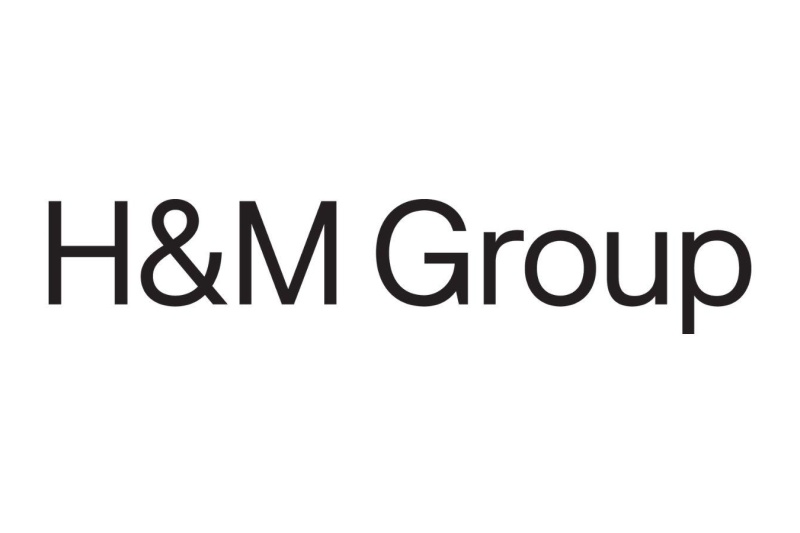
Chemicals
With 95% of manufactured products relying on chemicals, the sector has an important role in reducing global warming. We're developing resources for companies in this sector to set science-based targets.
Science-based targets for chemicals companies
Why take action?
The chemicals industry is the third highest contributor of carbon emissions in the industrial sector. Companies in this sector have a crucial role to play in limiting global warming to 1.5ºC. Committing to climate action through science-based targets (SBTs) will drive sustainability improvements across the value chain. Leading global chemical companies have begun to set SBTs that meet broad Science Based Targets initiative (SBTi) criteria. The establishment of SBTs is encouraged for chemical companies while sector-specific guidance is in development.
Sign up to stay up to date with project milestones
WATCH: The SBTi's Chemicals Technical Lead, Michael Danielson, explains what to expect from the project.
Chemical Sector Development Project
SBTi has convened a new EAG and we have released the Chemicals Sector Status Report to provide an updated examination of the climate impact of the sector, and describe how we are addressing this critical industry at the SBTi.
If you have any comments or questions on the report, reach out to us at chemicals@sciencebasedtargets.org, and commit to setting a science-based target today.
About the Project
The chemicals industry faces challenges in its path to decarbonization, caused in part by the wide variety of products produced by the industry, the use of hydrocarbons as feedstocks, and the industry’s many heterogeneous yet interconnected subsectors. Additionally, it is expected that demand for the products produced in the chemicals sector will continue to rise in the low carbon future. These realities make it difficult to establish a single, comprehensive method for setting SBTs across the industry. To spur further action in the sector, the Science Based Targets initiative (SBTi) has launched a project to develop a standard to set ambitious decarbonization targets.
SBTi, with assistance from Guidehouse, completed the scoping phase of this project in 2020. We identified focus areas where additional research and guidance is needed. SBTi and Guidehouse are continuing our work to develop a standard and to establish 1.5°C-aligned emissions reduction pathways for high-impact products in the industry.
Note that avoided GHG emissions generated from the use of products from the chemicals industry are outside the scope of SBTi and will not be considered as part of this project.
Project participants
SBTi is the project lead and Guidehouse is our technical partner. Stakeholder involvement is possible via the following groups:
Expert Advisory Group (EAG): Composed of technical experts from stakeholder organizations and companies interested in setting SBTs and contributing to the project execution. The project’s EAG currently consists of experts from the following organizations. Please note that the composition of the EAG may change over time, and this list will be updated as needed
- Air Liquide
- Air Products
- BASF
- Borealis
- Braskem
- CEFIC
- Dow Chemical
- Eastman
- Indorama Ventures
- Institute for Sustainable Communities (ISC)
- Institutional Investors Group on Climate Change (IIGCC)
- LANXESS
- Lund University
- LyondellBasell
- Nutrien
- ShareAction
- Transition Pathway Initiative (TPI)
- WRI
- Yara
Public consultation: Both industry and non-industry representatives will be able to provide feedback on each project component through a public consultation process. SBTi will ensure robust public participation via webinars and socialization of the consultation.
Financial support
Financial support for this phase of the project has thus far been provided by the following organizations.
- Air Liquide
- Air Products
- BASF
- Indorama Ventures
- LyondellBasell
- Nutrien
- Yara
If your organization is interested in contributing as a financial partner to this important project, please contact Mike Danielson
Development process
The project will build on the outcomes of the scoping phase. The standard will be developed to align with the GHG Protocol and the SBTi’s Corporate Net Zero Standard. Additionally, emissions reduction pathways will be developed based on the principles of SBTi’s Sectoral Decarbonization Approach (SDA). The goals of the project are as follows:
- Develop sub-sector SDA pathways for high-impact products.
- Identify best practices for emissions accounting, with a focus on critical scope 3 categories for the industry.
- Provide guidance on addressing the impact of the circular economy (e.g., recycling) in accounting and target-setting.
- Set expectations for scope 3 target setting in high impact categories by chemical companies.
Provisional Project Timeline
Resources
- Science Based Target Setting in the Chemicals Sector: Status Report (January 2023)
- IEA Ammonia Technology Roadmap (October 2021)
- Net Zero Emissions by 2025 (May 2021)
Sector Assessment: Barriers, Challenges, and Opportunities for Chemical Companies to Set Science-Based Targets (December 2020)
Chemicals Sector Project Description (October 2018)
Chemicals Sector SBTi Overview (October 2020)
Guidance for Accounting and Reporting Corporate GHG Emissions in the Chemical Sector Value Chain by WBCSD (January 2013)
Roadmap for the Dutch Chemical Industry Towards 2050 by Verband der Chemischen Industrie (VCI), DECHEMA and FutureCamp (September 2019)
Scope 3 Evaluator tool by GHG Protocol and Quantis
Working Towards a Greenhouse Gas Neutral Chemical Industry in Germany
Initiative Overview and proposal for New Chemicals Sector Target-Setting Methods: Nate Aden (WRI) and Pedro Faria (CDP), March 2017
Contact
Mike Danielson, Technical Manager, Chemicals, SBTi
Browse more sectors
If your sector is not listed here, you can still set a science-based target using our methods and resources. Consult the step-by-step guide to get started.
Latest News
View News


